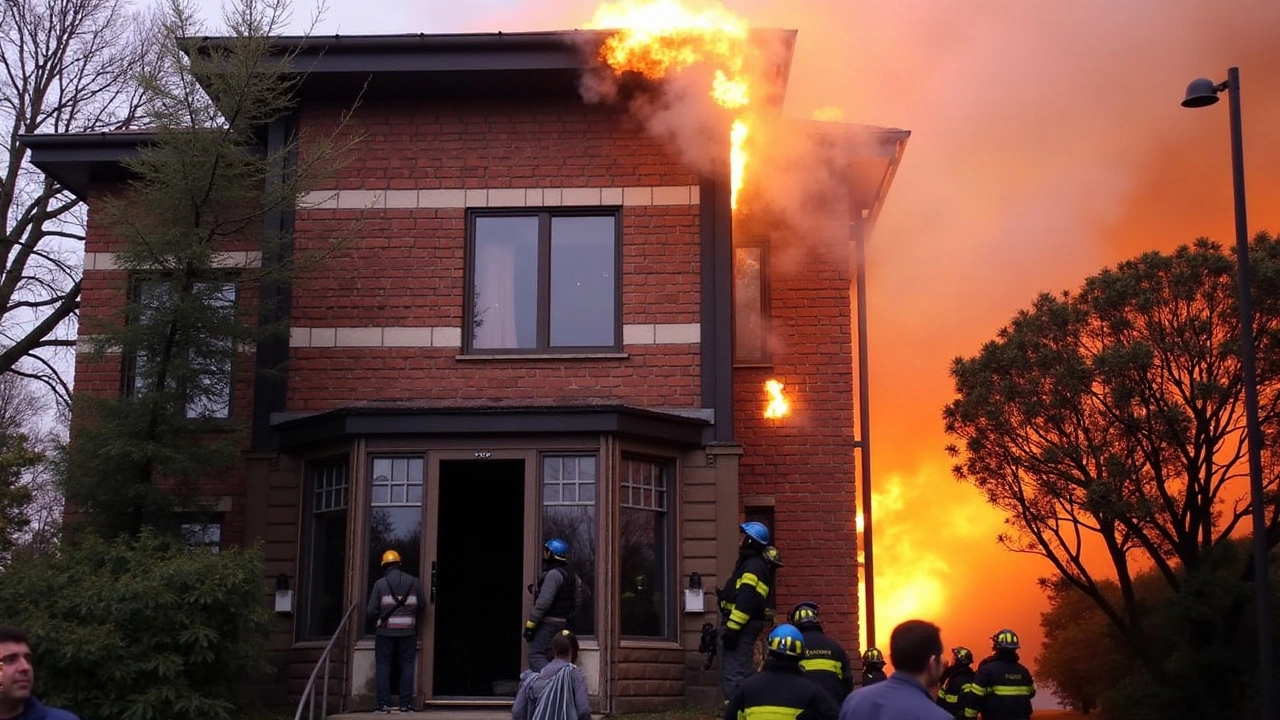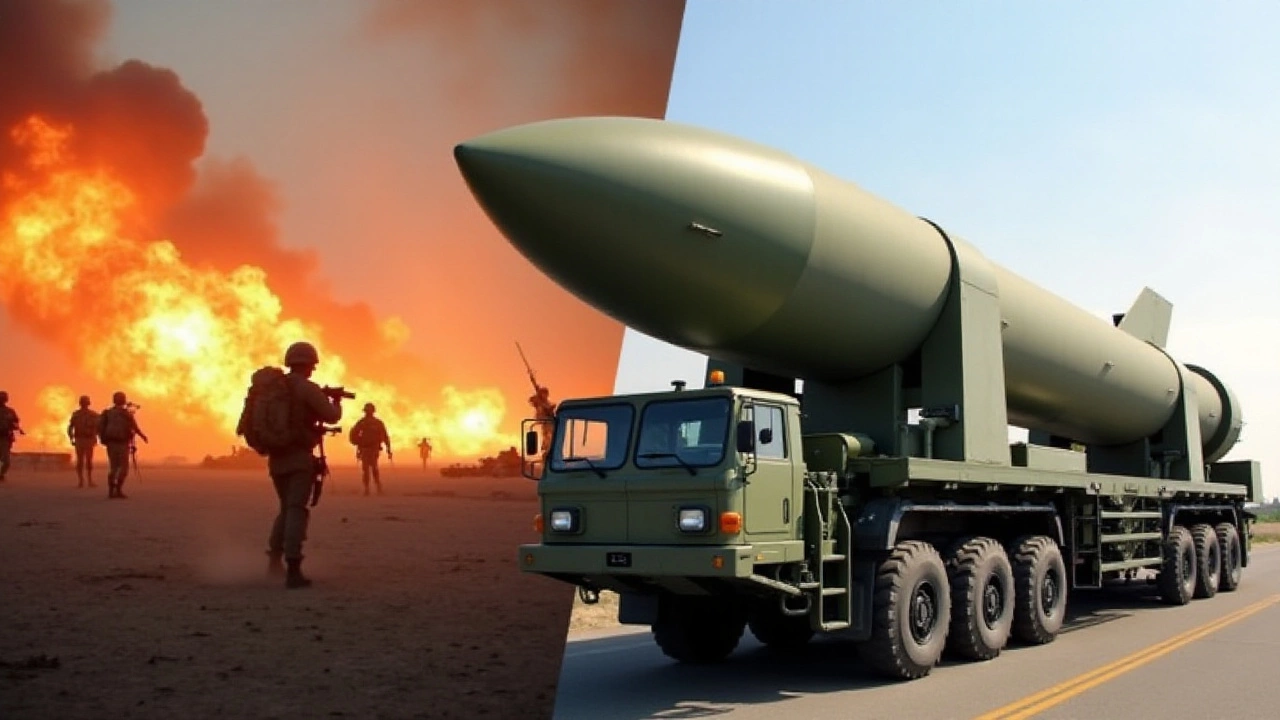An Unsettling Launch
The recent missile launch by Russia, aimed deliberately at Ukraine, marks yet another significant episode in the ongoing conflict that has gripped Eastern Europe. Initially identified by Ukrainian authorities as an intercontinental ballistic missile (ICBM), the striking piece of armament was later confirmed by a U.S. official as an intermediate-range ballistic missile (IRBM). Misinformation, whether deliberate or accidental, in the theater of war is predominantly common and adds layers of complexity to an already tense situation.
Significantly, the missile was not equipped with a nuclear warhead. This is notable because Russian ICBMs frequently have the potential to carry nuclear payloads. The potential for a nuclear-armed missile being sent across borders into Ukrainian territory would undoubtedly have dire consequences and would likely evoke a substantial reaction from both regional and global powers. The absence of a nuclear warhead on this particular missile hints at a form of restrained aggression from the Russian side, but the threat looms large regardless.
Background of Escalation
The act of missile launching by Russia comes on the heels of Ukraine's strategic usage of U.S.-made Army Tactical Missile System (ATACMS) missiles. Ukraine targeted Russian-established sites, signaling a determined strike back amidst ongoing conflicts and territorial disputes. These recent events have instigated profound implications and have led Russian authorities, notably President Vladimir Putin, to revise their nuclear doctrine. The updated stance curtails the threshold for a nuclear reaction from the Russian government, thereby unintentionally heightening global apprehensions over the potential outbreak of wider hostilities.
Ukrainian President, Volodymyr Zelenskyy, has been vocal in denouncing President Vladimir Putin’s actions. The launch has indeed drawn him to critically address Putin regarding Russia's contribution to escalating the already inflamed situation. Despite the resources and military aid Ukraine continues to receive from the United States and other supporting allies, the path towards de-escalation remains hardly visible, overshadowed by frequent combat and strategic wars of attrition.

International Reactions and Implications
Globally, the missile launch by Russia has stirred responses from numerous countries, all attuned to the possible consequences of spiraling tensions between the two historical rivals. Diplomatic channels are buzzing with conversations, as nations engage in discussions that stress the importance of diplomatic resolution and avoidance of further provocations. The sequence of these events illuminates a stark reminder of the thin strands holding global peace and security amidst warfare.
The U.S. has had a significant role in supporting Ukraine with tactical weaponry. This support has been a pivotal factor in assisting the Ukrainian military in countering Russian advances. Yet, it undeniably brings into question the potential repercussions of such foreign aid possibly provoking further aggression or a larger conflagration. Each step taken on either side of this conflict zone reflects a crucial decision point that fundamentally impacts the regional and global stages.
A Search for Balance
The tense tango between aggression and diplomacy remains a challenging balance to maintain. As countries, both within and outside Europe, ponder their strategies, the constant effort is to avert a full-blown escalation that could lead to catastrophic consequences, not just for Ukraine and Russia, but for the world at large.
As the volatility persists, global leaders and policymakers watch intently, conscient of the precariousness of the situation. Potential arms negotiations, discussions on ceasefires, and de-escalation talks are all on the table. However, translating intent into action demands patience, perseverance, and, above all, a genuine commitment to peace - elusive yet paramount amidst the clashing metal and shattered towns of Ukraine.
All eyes rest on the fragile thread of hope and negotiation that may bring about peace. The missile launch incident serves as an acute reminder of the destructive potential just a decision away. Reflecting the intricate tapestry of war and diplomacy intertwined, this situation requires comprehensive focus and proactive global discourse to ensure that such stark acts do not lead to a domino effect threatening the very essence of international peace.



